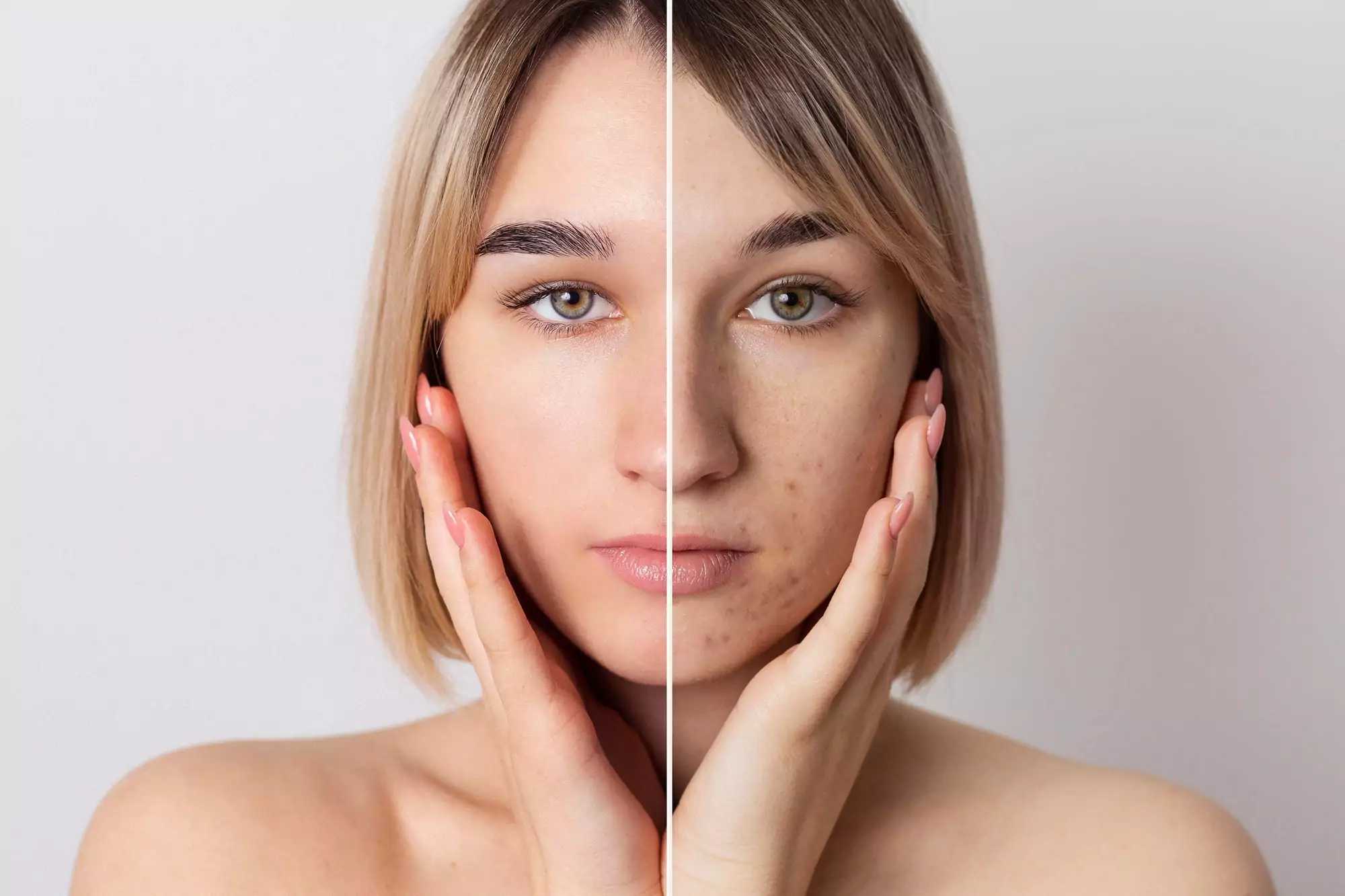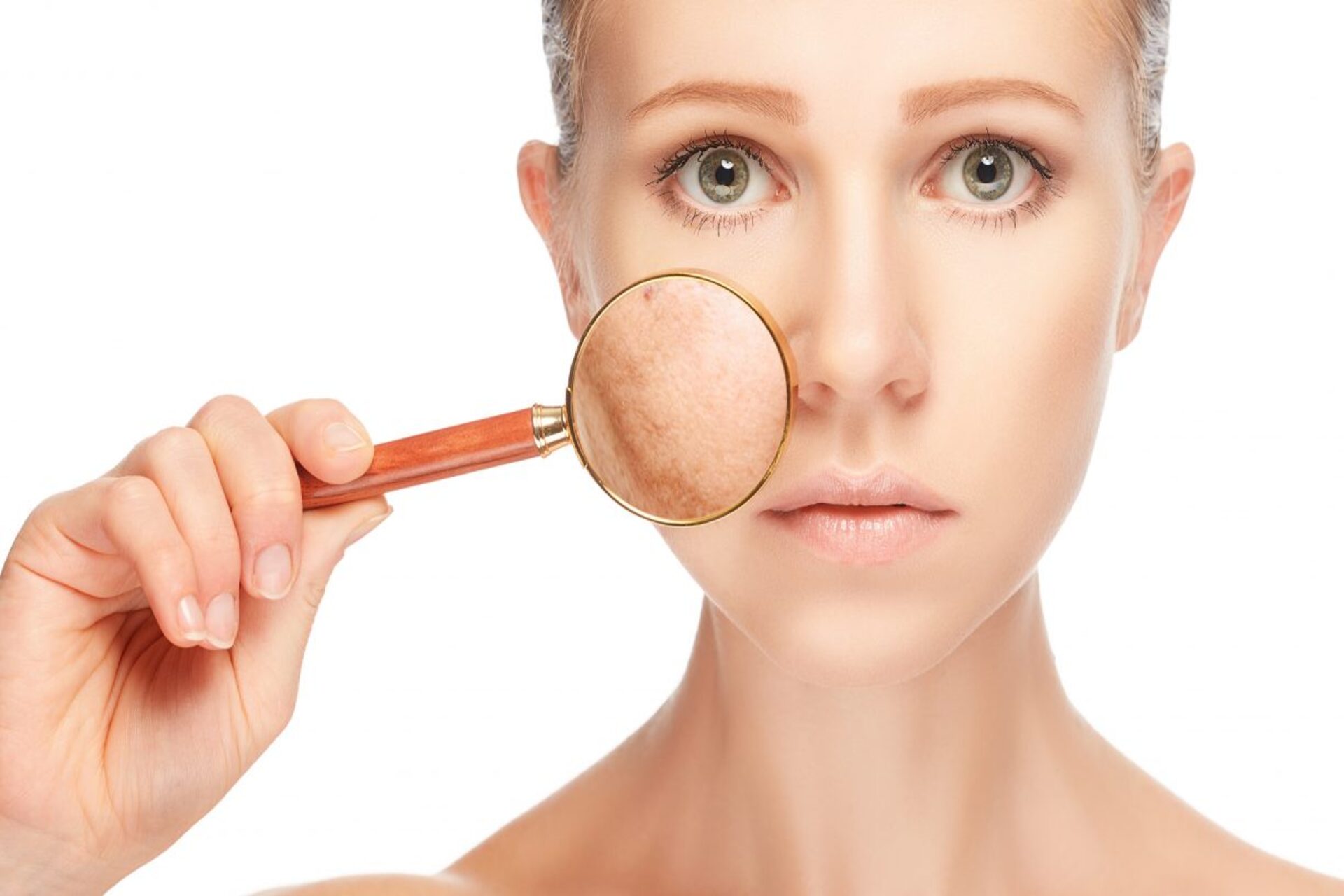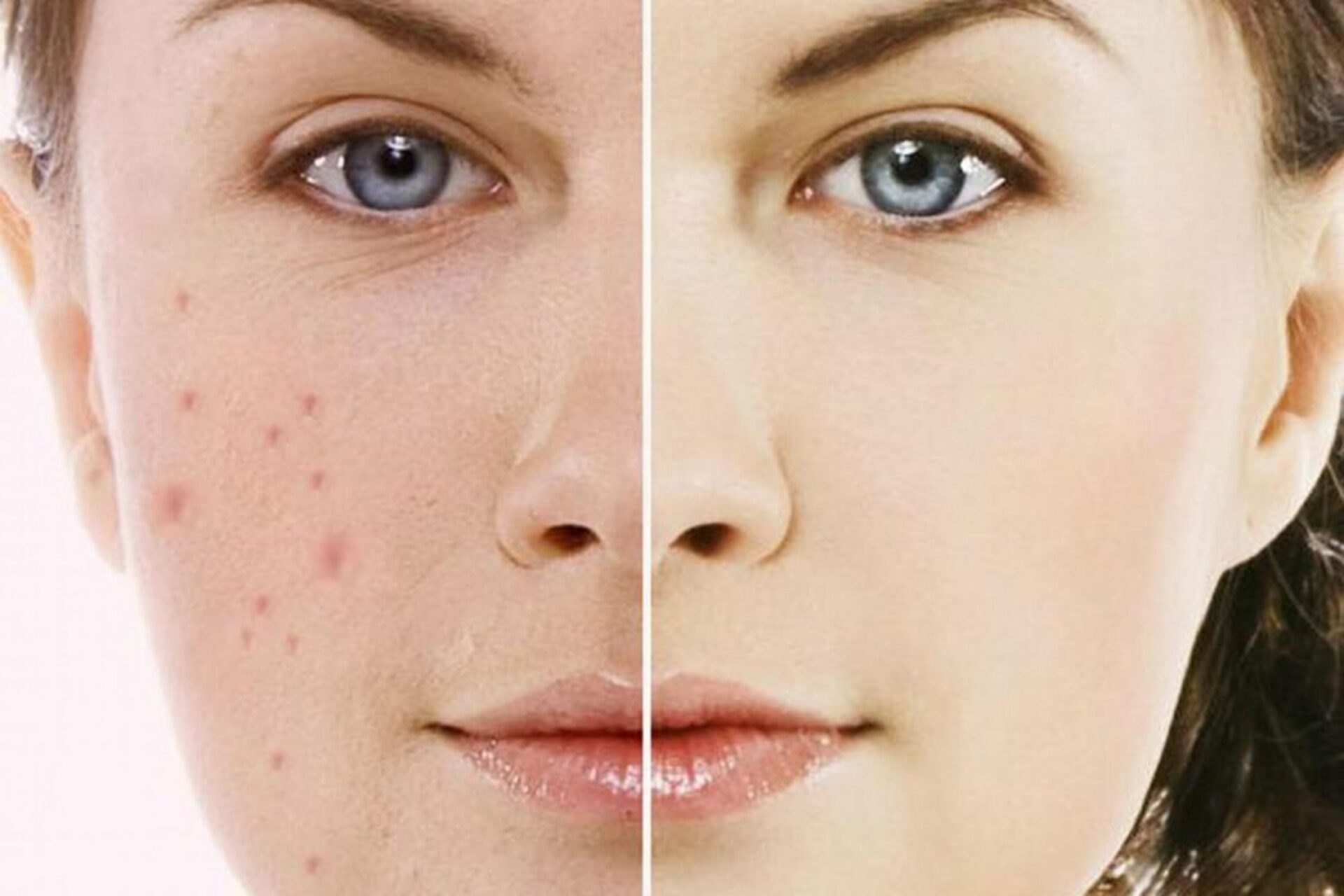PIGMENTATION
Home > Services
Facial Aesthetics

Looking for Dental & Aesthetics services ?
CALL US ANYTIME
+91 99489 3459

PIGMENTATION
Pigmentation refers to the coloration of the skin, primarily determined by the presence and distribution of melanin, the pigment responsible for skin, hair, and eye color. While pigmentation is a natural and normal aspect of skin variation, irregularities in melanin production can lead to conditions such as hyperpigmentation or hypopigmentation.
Key points about pigmentation include:
Hyperpigmentation: This occurs when there is an excess production of melanin, leading to darker patches or spots on the skin. Common causes include sun exposure, hormonal changes (such as during pregnancy or due to oral contraceptives), inflammation, and certain skin conditions.
Hypopigmentation: This refers to a decrease in melanin production, resulting in lighter or white patches on the skin. Hypopigmentation can be caused by conditions such as vitiligo, certain autoimmune disorders, or skin trauma.
Sun-Induced Pigmentation: Sun exposure is a significant factor in pigmentation changes. Prolonged sun exposure can lead to the development of sunspots, freckles, and uneven skin tone. UV rays stimulate melanin production as a protective response to shield the skin from damage.
Melasma: Melasma is a specific form of hyperpigmentation characterized by dark patches, often on the face. It is commonly associated with hormonal changes, such as pregnancy or the use of oral contraceptives, and is aggravated by sun exposure.
Treatment Options: Various treatments are available to address pigmentation concerns. These may include topical lightening agents, chemical peels, laser therapy, and other dermatological procedures aimed at reducing hyperpigmentation or improving overall skin tone.
Managing pigmentation often involves a combination of preventive measures, such as sun protection, and targeted treatments based on the specific type of pigmentation concern. Consulting with a dermatologist can help determine the underlying causes of pigmentation irregularities and establish an effective treatment plan tailored to individual needs.


what are the benefits ?
Pigmentation treatments can help achieve a more even skin tone by addressing irregularities such as dark spots, sunspots, or hyperpigmentation. This leads to a smoother complexion and a more radiant appearance.
- Improved Skin Tone
- Enhanced Confidence
- Reversal of Sun Damage
Uneven pigmentation, especially visible dark spots or patches, can affect one’s self-esteem. Pigmentation treatments offer a solution to reduce or eliminate these concerns, promoting clearer and more youthful-looking skin. This improvement in skin appearance often contributes to increased confidence and a positive self-image. Sun exposure is a common cause of pigmentation issues, leading to sunspots and freckles. Pigmentation treatments can target and reduce these sun-induced effects, reversing some of the damage caused by UV radiation. This not only improves the cosmetic appearance of the skin but also supports long-term skin health by minimizing the risk of further sun damage
Need to get relaxing ?
Your Journey Begins at Our smile and Facial Aesthetics Studio

